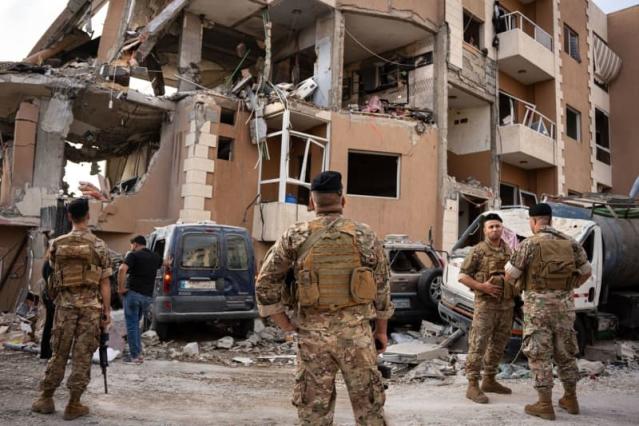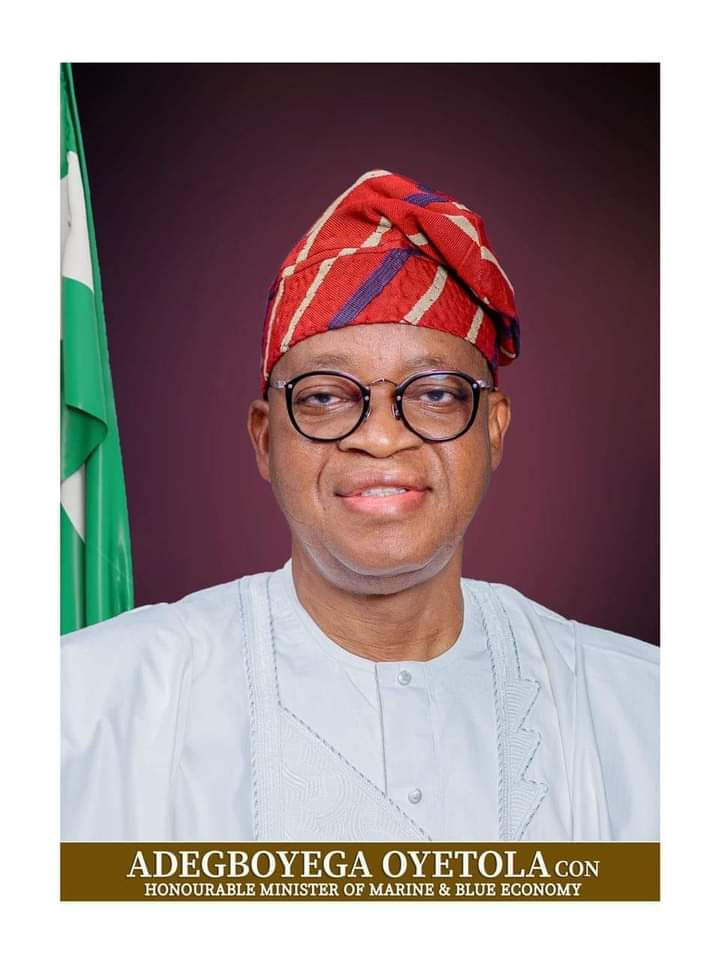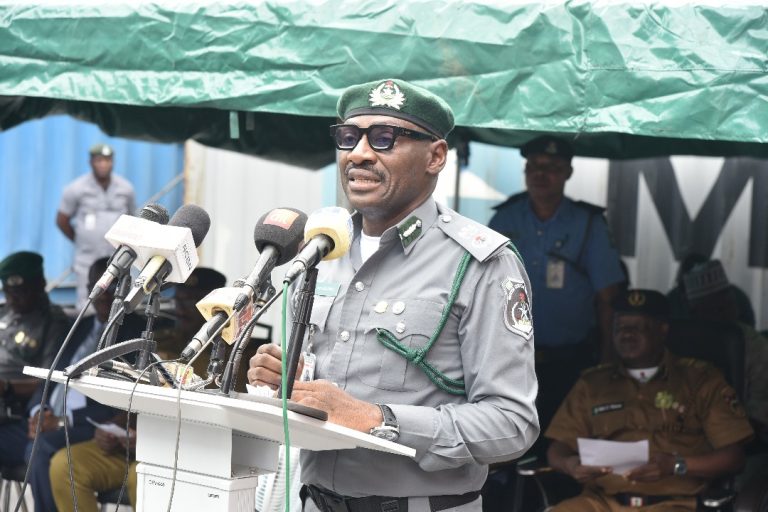…As Justin Trudeau defends Canada’s arms sales to Saudi Arabia***
The Trump administration plans to announce sanctions against China on Thursday after determining that the country is encouraging the theft and transfer of intellectual property from US businesses.
The White House said the actions come after years of talks about the issue that failed to produce change.
The actions are expected to include tariffs, as well as other measures.
The plans have stoked fears of a wider trade war.
The White House is reported by US media to be considering between $30bn-$60bn in tariffs as well as measures that would restrict investment.
The US may also seek to bring complaints to the World Trade Organisation, trade officials said.
America’s top trade negotiator, Robert Lighthizer, told members of Congress on Wednesday the US is looking to put “maximum pressure on China and minimum pressure on US consumers”.
Mr Lighthizer said protecting intellectual property is critical to the US economy.
“It’s an enormously important issue,” Mr Lighthizer said at the House Ways and Means hearing. “We think it is perhaps the most important thing that will have been done in terms of rebalancing trade.”
A US trade official, who spoke to reporters as part of a briefing, said the US has evidence that China requires firms to create local partnerships to enter the Chinese market, as a way of pressuring them into technology transfer.
The US also found evidence that China steers investments in the US to strategic industries, and conducts and supports cyber attacks.
The findings come from a review of China’s practices that Mr Trump ordered in August, called a 301 investigation.
In section 301 of the trade act, the government has given itself the power to unilaterally impose sanctions against countries which it decides are not trading fairly.
Mr Trump has repeatedly railed against the massive US trade deficit with China.
Meanwhile, Justin Trudeau has defended his government’s decision to sign off on the sale of more than 900 armoured vehicles – including dozens described as “heavy assault” and equipped with cannons – to Saudi Arabia, arguing that the deal is in line with Canada’s foreign and defence policies.
The C$15bn ($11.63bn) deal – struck by the previous Conservative government in 2014 and given the green light after Trudeau became prime minister – has been in the spotlight in recent years amid growing concerns about Riyadh’s human rights record.
Documents obtained recently by the Canadian Broadcasting Corporation offered a glimpse into the opaque 2014 agreement involving General Dynamics Land Systems based in London, Ontario.
The initial order was for hundreds of light armoured vehicles, including 119 described as “heavy assault” with 105-millimetre cannons. Another 119 of the vehicles were configured as “anti-tank” while 119 featured a two-man turret and 30mm chain gun and were designated as “direct fire” support.
The agreement may have been modified since it was drawn up in 2014, the CBC noted. Delivery of the vehicles was slated to begin in 2017.
The revelations were put to Trudeau by opposition politicians on Tuesday in the House of Commons. Hélène Laverdière of the New Democratic party pointed to reports of the kingdom’s attacks on its own civilians as well as the Saudi-led campaign in Yemen, where conflict has killed more than 10,000 people and displaced more than 3 million.
“So I am asking the prime minister, what does he think about Canada potentially being complicit in international human rights violations?” Laverdière asked.“How can we say Canada’s foreign policy is progressive and feminist when we continue to sell arms to Saudi Arabia?”
Trudeau responded by arguing that his government had little choice but to respect the contract signed by the previous government. “Permits are only approved if the exports are consistent with our foreign and defence policies, including human rights,” said Trudeau. “Our approach fully meets our national obligations and Canadian laws.”
Cesar Jaramillo of Project Ploughshares, a Canadian disarmament group, described Trudeau’s response as “flawed logic”, as it is up to his government to set out the parameters of Canada’s foreign and defence policy.
“We also think it flies in the face of this feminist agenda of the Canadian government, which is now being sold as the centrepiece of Canadian foreign policy. Yet at exactly the same time we are arming one of the most repressive regimes on the planet for women,” said Jaramillo. “So I think there’s a clear gap between the rhetoric and the action of the Canadian government.”
BBC with additional report from Guardian UK





















